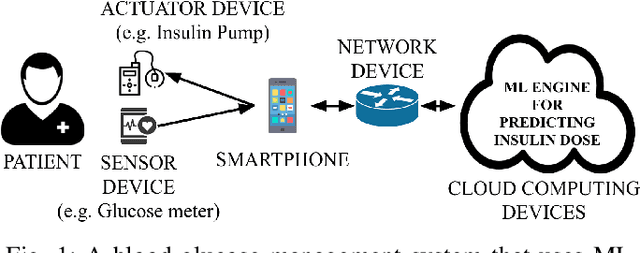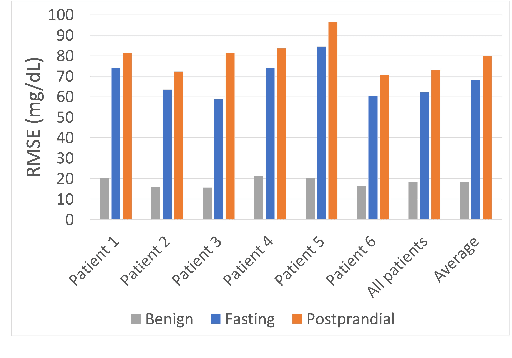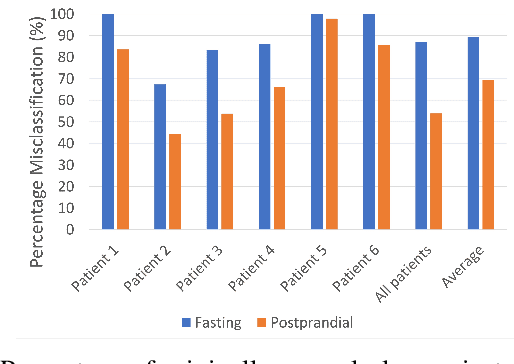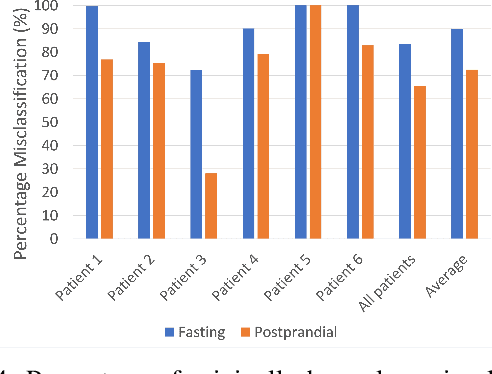Gargi Mitra
Systems-Theoretic and Data-Driven Security Analysis in ML-enabled Medical Devices
Jun 18, 2025Abstract:The integration of AI/ML into medical devices is rapidly transforming healthcare by enhancing diagnostic and treatment facilities. However, this advancement also introduces serious cybersecurity risks due to the use of complex and often opaque models, extensive interconnectivity, interoperability with third-party peripheral devices, Internet connectivity, and vulnerabilities in the underlying technologies. These factors contribute to a broad attack surface and make threat prevention, detection, and mitigation challenging. Given the highly safety-critical nature of these devices, a cyberattack on these devices can cause the ML models to mispredict, thereby posing significant safety risks to patients. Therefore, ensuring the security of these devices from the time of design is essential. This paper underscores the urgency of addressing the cybersecurity challenges in ML-enabled medical devices at the pre-market phase. We begin by analyzing publicly available data on device recalls and adverse events, and known vulnerabilities, to understand the threat landscape of AI/ML-enabled medical devices and their repercussions on patient safety. Building on this analysis, we introduce a suite of tools and techniques designed by us to assist security analysts in conducting comprehensive premarket risk assessments. Our work aims to empower manufacturers to embed cybersecurity as a core design principle in AI/ML-enabled medical devices, thereby making them safe for patients.
Systematically Assessing the Security Risks of AI/ML-enabled Connected Healthcare Systems
Jan 30, 2024



Abstract:The adoption of machine-learning-enabled systems in the healthcare domain is on the rise. While the use of ML in healthcare has several benefits, it also expands the threat surface of medical systems. We show that the use of ML in medical systems, particularly connected systems that involve interfacing the ML engine with multiple peripheral devices, has security risks that might cause life-threatening damage to a patient's health in case of adversarial interventions. These new risks arise due to security vulnerabilities in the peripheral devices and communication channels. We present a case study where we demonstrate an attack on an ML-enabled blood glucose monitoring system by introducing adversarial data points during inference. We show that an adversary can achieve this by exploiting a known vulnerability in the Bluetooth communication channel connecting the glucose meter with the ML-enabled app. We further show that state-of-the-art risk assessment techniques are not adequate for identifying and assessing these new risks. Our study highlights the need for novel risk analysis methods for analyzing the security of AI-enabled connected health devices.
 Add to Chrome
Add to Chrome Add to Firefox
Add to Firefox Add to Edge
Add to Edge